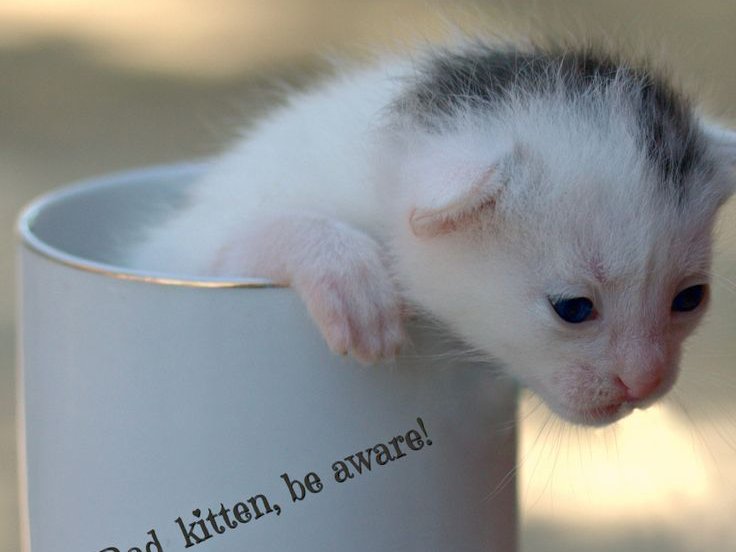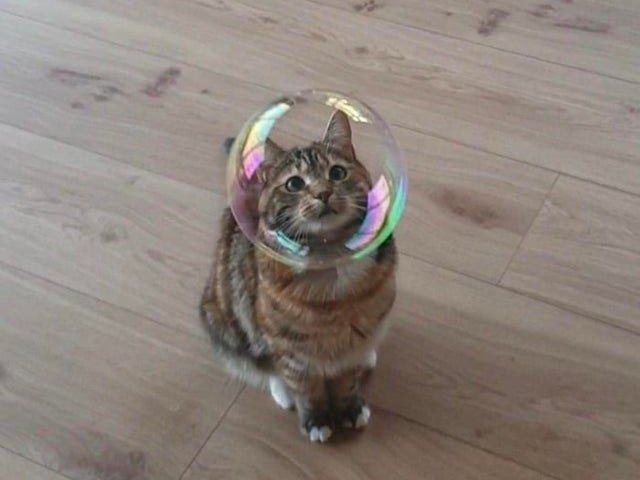The first few weeks of a kitten’s life are full of rapid changes, new experiences, and important milestones. Whether you’re raising an orphaned kitten or supporting a mother cat and her litter, knowing what to expect during the first 6 weeks of a kitten’s life is crucial to providing the best care possible.
From opening their eyes to taking their first steps and learning to play, here’s a week-by-week guide to help you understand your kitten’s development — plus essential kitten care tips along the way.
Week 1: Tiny and Fragile
Newborn kittens are born blind, deaf, and completely dependent on their mother (or human caregiver). During this week:
-
Eyes and ears are closed
-
They sleep nearly 90% of the time
-
Feeding occurs every 2–3 hours (with kitten formula if orphaned)
-
They need help with urination and defecation (stimulated by the mother or a warm cloth)
Keep kittens warm, safe, and fed — their survival depends on it.
Week 2: Eyes Begin to Open
Around day 7–10, a kitten’s eyes will begin to open. At this point:
-
Vision is still developing and may appear cloudy
-
Ears start to unfold
-
They continue to nurse or bottle-feed every few hours
-
Coordination is still very limited
Avoid bright light during this stage — their eyes are very sensitive.

Week 3: Hearing Develops and Mobility Begins
By week 3, kittens become more responsive to sound and start exploring:
-
Ears fully open
-
They may try to stand and take wobbly steps
-
Baby teeth begin to emerge
-
Start introducing a litter tray (with non-clumping litter)
-
Social behaviors begin forming
Now’s a good time to gently handle kittens for short periods to encourage socialization.
Week 4: First Real Play and Exploration
This is a huge week of development. Kittens:
-
Begin walking more steadily
-
Show interest in toys and play
-
Can start eating soft, moistened kitten food alongside milk
-
Continue to use the litter tray with guidance
Socialization is key — interact with kittens daily to build trust and reduce future anxiety.
Week 5: Grooming and Personality Appear
By now, you’ll notice their personalities emerging:
-
Kittens start grooming themselves and each other
-
Play becomes more coordinated — chasing, pouncing, and wrestling
-
They begin grooming, jumping, and showing affection
-
You can gradually reduce milk feedings as they eat more solid food
Expose kittens gently to different sounds, textures, and people to build confidence.
Week 6: Nearly Ready for the Next Stage
At six weeks, kittens become more independent and curious:
-
Fully mobile and highly active
-
Eating mostly solid food
-
Using the litter box consistently
-
Due for their first vet visit and vaccinations
While not quite ready to go to a new home, week 6 is a great time to start crate training and prep for the weaning process to finish.
Final Thoughts
Your kitten’s first 6 weeks are filled with precious moments and rapid transformation. With attentive care, patience, and love, you’ll set the foundation for a healthy, well-socialized adult cat. Whether you’re a foster parent or a new kitten owner, understanding these early stages is essential to raising a confident and thriving feline companion.
Learn More
For more on kitten development and health, visit wildlifehub.xyz or consult your local veterinarian for personalized care advice.


